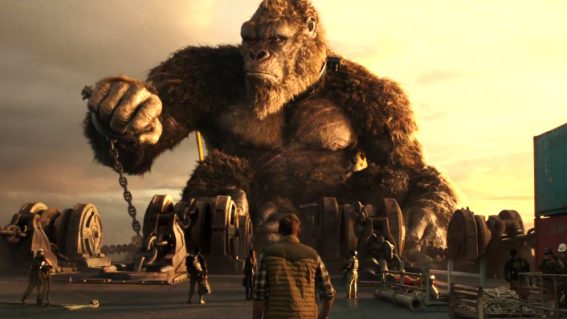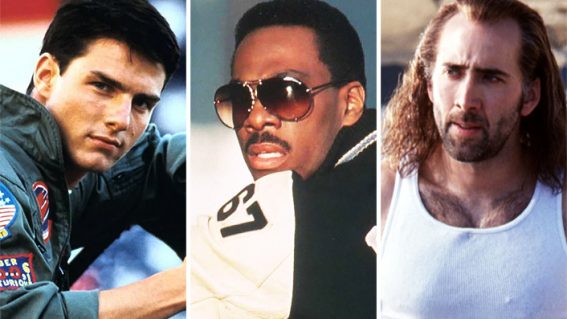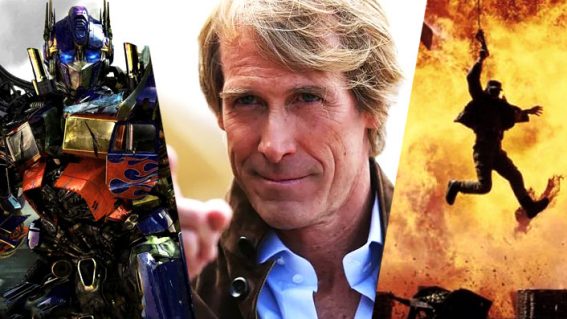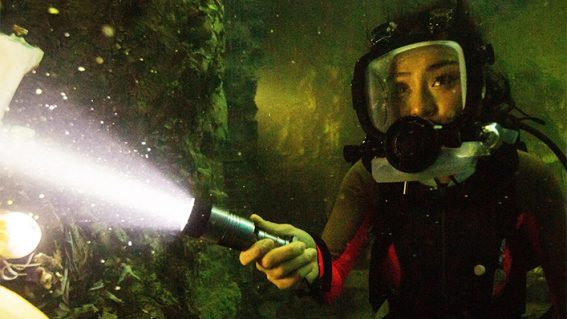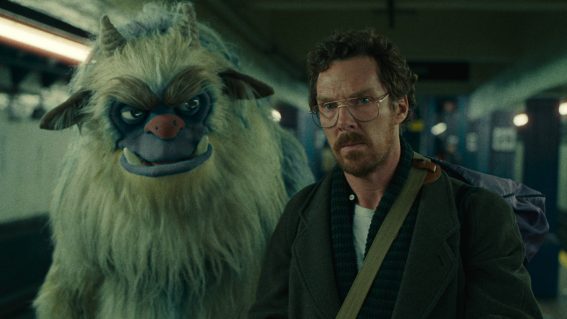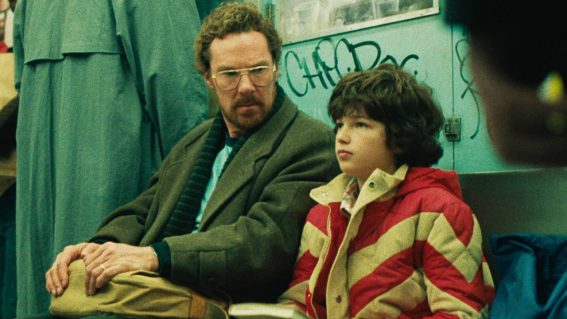Tenet review: Christopher Nolan’s new blockbuster verges on self-parody
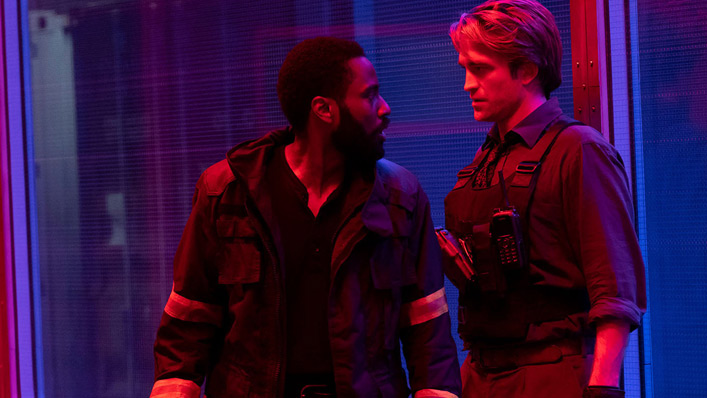
Christopher Nolan’s highly anticipated new movie is fascinating in concept—but none of the thrills actually thrill, and none of the set pieces impress, writes critic Travis Johnson.
There’s a point in Tenet in which Kenneth Branagh’s evil Russian arms dealer beats an unfortunate mook to death with a gold bar. It feels like a metaphor for the whole film. Death by excess. Too much of a good thing. Too many exotic locales. Too many clever (but, on reflection, not that clever) ideas. Too many beautiful actors, but not enough interesting characters.
See also
* Inception remains Christopher Nolan’s most complex film
* All movies now playing in cinemas
Too much self-confidence, perhaps; the whole exercise could have benefited from director Christopher Nolan having someone on hand to occasionally tell him to calm the farm. You could argue that he’s earned the right to work unfettered. From 1998’s Following to 2017’s Dunkirk, he hadn’t made a bad film. Still, nothing lasts forever. So now Tenet is here to show that even the revered director of the Dark Knight Trilogy has his off days. Someone get the Emperor some pants; he looks chilly.

Tiptoeing as lightly as we can around the plot for fear of spoilers, Tenet follows John David Washington’s nameless secret agent as he is drafted into a temporal cold war. Artifacts from the future are being discovered, and they indicate some kind of catastrophic war will happen some time down the track. His job is to figure out what’s what and stop the incoming apocalypse, a task that will see him team up with Robert Pattinson’s British spy, cross swords with Branagh’s truly nasty Russian villain, and chastely rescue the latter’s tortured trophy wife (Elizabeth Debicki). Michael Caine also turns up for a scene, because this is a Chris Nolan joint.
The gimmick—because it’s all about the gimmick—is that some of those objects have somehow had their entropy reversed, which means that they appear to be moving backwards in time. Hence that scene in the trailer with Washington pulling the trigger, bullets flying back into the barrel of his pistol and settling in the magazine. Cue a great many action sequences that are fascinating in concept but less than the sum of their many moving parts in execution. Once you’ve seen one time-flow-manipulating fight sequence, you’ll be across it. But Tenet doesn’t trust you to be across it, and so it pulls the same trick
over
and over
and over
again, until you become fairly convinced that Nolan’s main inspiration here is Groundhog Day.
Honestly, the whole thing verges on self-parody. Every criticism ever levelled at Nolan as a filmmaker is proved accurate here. Technique over substance? Form over function? Puzzles over plot? Plot over characterisation? A complete befuddlement as to how to write a believable woman? The whole thing glazed with a thick layer of self-satisfaction? Every box is ticked.
What really galls is how low stakes the whole thing feels, even though we’re told that an existential threat is in play. None of the thrills actually thrill, none of the set pieces impress aside from a grudging admiration of how their clockwork meshes together, none of the allegedly cool moments resonate in the way that, say, an iconic James Bond entrance does.
Washington’s character engages simply through the sheer force of his charisma, not anything even remotely integral to the narrative action. Pattinson fares a little better, while Debicki, a ridiculously talented performer who absolutely has an Oscar in her future, is pretty much thrown under the bus, her character reduced to hamfisted maternal angst and her ability to look good in any outfit. She’s also subject to some queasily misogynistic violence and frankly, after enduring similar treatment in this year’s Burnt Orange Heresy, she might want to vet her scripts a little more carefully.
The whole thing is simultaneously obscure and predictable, with Nolan willfully muddying the granular details of the story while in the big movements it lurches towards an inescapable conclusion. Normally the story craft involved in getting from point A to point B is of interest—a “howdunnit” rather than a “whodunnit”—but instead here there’s just a growing impatience with the film’s two and a half hour running time and a wish that it would just get to the goddamn point.
Of which there is none, by the way. At times it edges up to being a critique of unchecked capitalism, with its Russian oligarch villain and the odd little moment like a jetliner hemorrhaging gold bullion as it careens down the runway. But just as Baz Luhrmann proved with The Great Gatsby, Nolan is too in love with the big machines, extravagant architecture and far-flung locales to bring any real criticism to bear on the systems that enable them. Nolan enjoys all the toys in his box far too much for that. Instead what we get is a rote James Bond clone prettied up with a light dressing of sci-fi that neither embellishes nor elaborates its essentially workmanlike storytelling.
To be charitable, you could argue that flying so high without a net inevitably results in the odd spectacular crash. Nolan, a consummate technician who has more than once pushed the boundaries of what film is capable of, does so again here. The problem is that there’s no real underlying reason.
In terms of theme, no grander point is being illustrated. In terms of technique, it’s hard to imagine Tenet’s very specific technical flourishes being employed in any other film, except perhaps a sequel (oh dear god in heaven please no). Tenet exists for its own sake, and presumably Nolan’s pleasure, but for no other reason. If this is the film that is supposed to save cinema, theatrical exhibition is in worse shape than we ever imagined.






